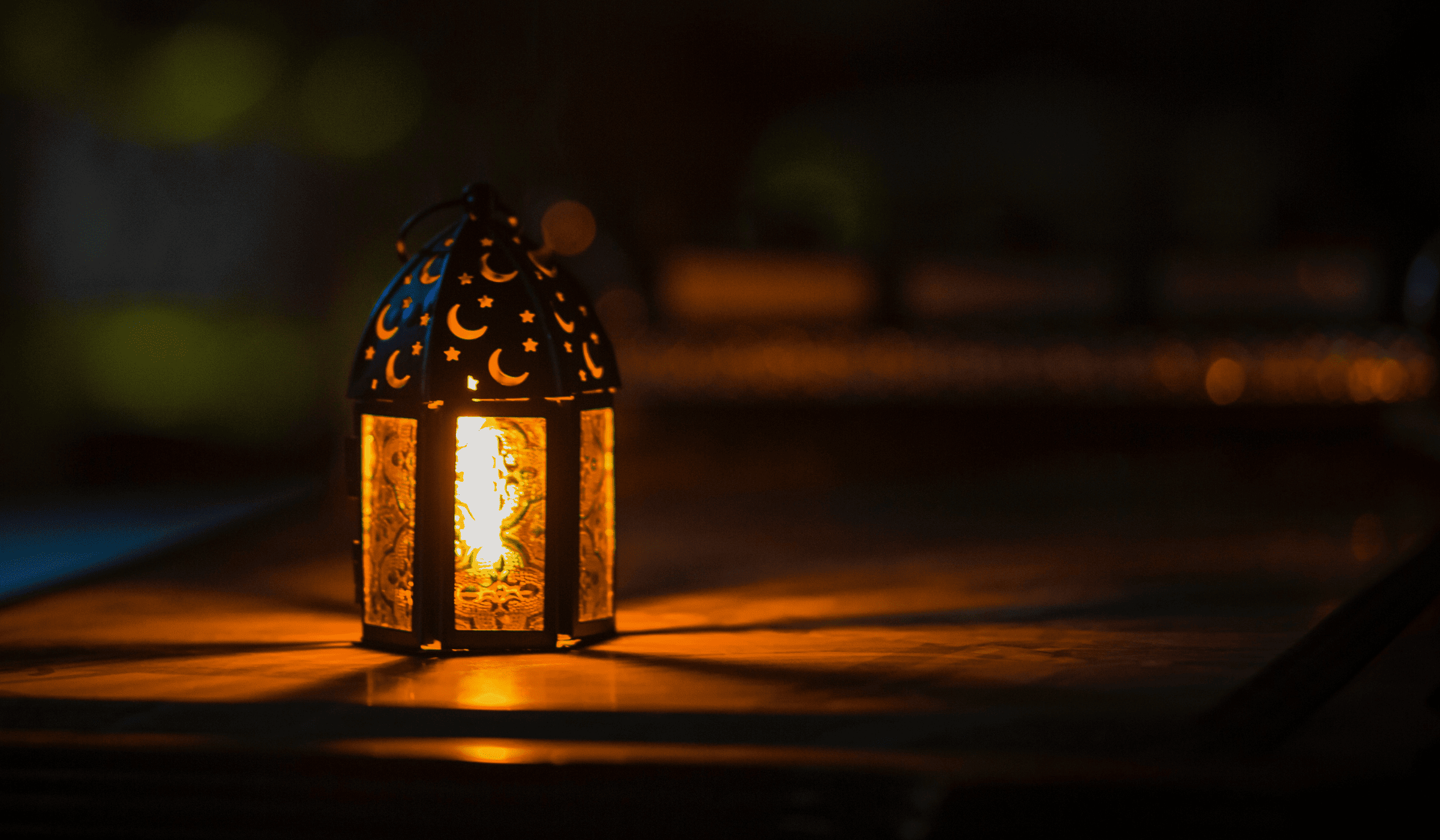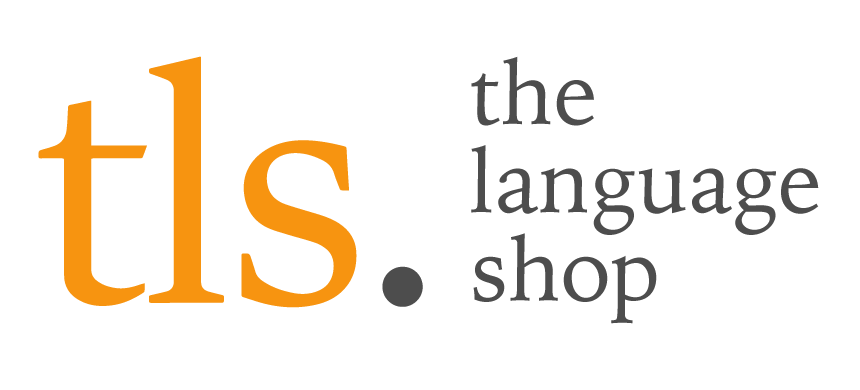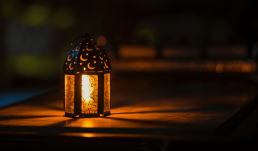Celebrations around the world: Ramadan, 2nd April - 1st May

The Language Shop explores the festivals and events celebrated by different cultures around the world. This month we look at Ramadan, which takes place from 2nd April to 1st May, depending on lunar sighting.
What: The Islamic holy month of fasting, abstention, prayer and charity.
Why: It was during this month that the Islamic holy book, the Qur’an, was revealed to the Prophet Muhammed. Muslims fast and abstain from impure thoughts and behaviour during this sacred time to bring themselves closer to God. Going without food and drink during the day also reminds Muslims of the suffering of others in the world. Fasting during Ramadan is known as Sawm, and is one of the five pillars of Islam.
How: In addition to fasting and abstention between sunset and sunrise, Muslims attend special services at their mosque, and many attempt to read the entire Qur’an over the course of the month. Zakat, or giving to charity, is another pillar of Islam, so it is always important to Muslims. However, during Ramadan, it takes on even more importance. Eid al-Fitr marks the end of the month with a two to three day celebration, involving lots of eating, drinking and dressing in your best clothes.
If you are observing Ramadan, we would love to hear about it. Please email nicole.kershaw@newham.gov.uk
Keep up to date with all our latest news here and on social media – we are on Facebook, Twitter and LinkedIn.
Celebrations around the world: Lailat al Miraj, 28th February

TLS delves deeper into the festivals and events celebrated by different cultures around the world. This month we look at Lailat al Miraj on 28th February.
What: Lailat al Miraj is one of Islam’s most important dates, as it marks the Prophet Mohammed’s ascension into heaven.
Where: It is celebrated by Muslims across the world, both in mosques and family homes.
Why: The story of Lailat al Miraj begins in Mecca, where the Prophet was visited by two archangels. The angels gave the Prophet a winged animal called a Buraq, which he then rode from Mecca to the ‘farthest mosque’, Al Aqsa in Jerusalem. The Prophet ascended to heaven where he met all the previous prophets and joined them in prayer. Eventually he met God, who passed down the special instructions for Muslims to pray five times daily, known as ‘Salat’.
How: Celebrations are held in mosques or at home, where people make special additions to their night-time prayers. Parents also recite the story to their children.
Are you celebrating Leilat al Miraj? Please get in touch and tell us all about it! Email nicole.kershaw@newham.gov.uk
Keep up to date with all our latest news here and on social media – we are on Facebook, Twitter and LinkedIn.



